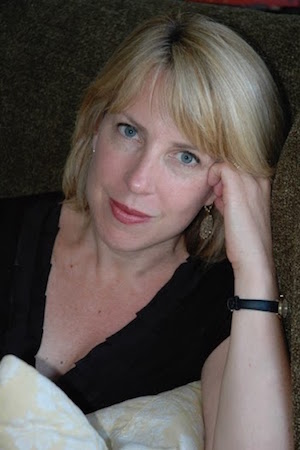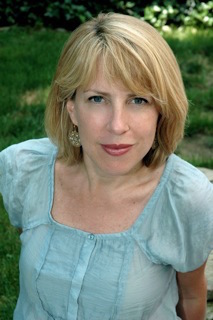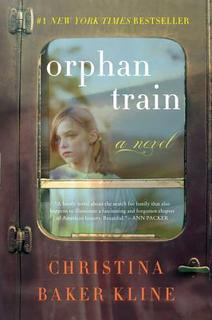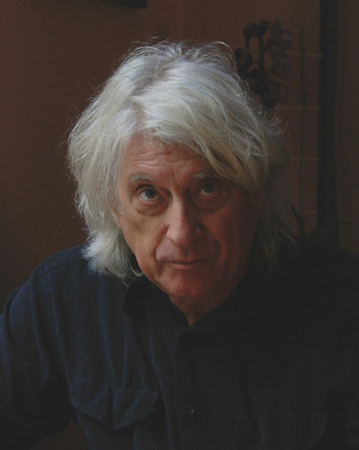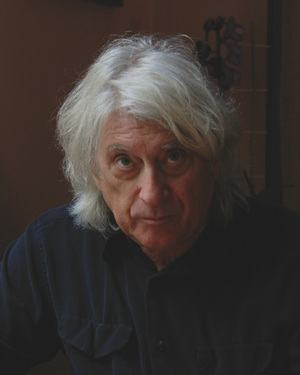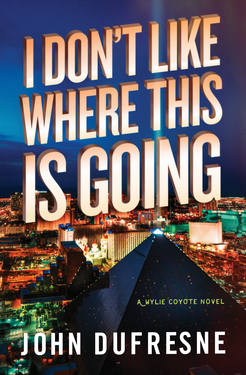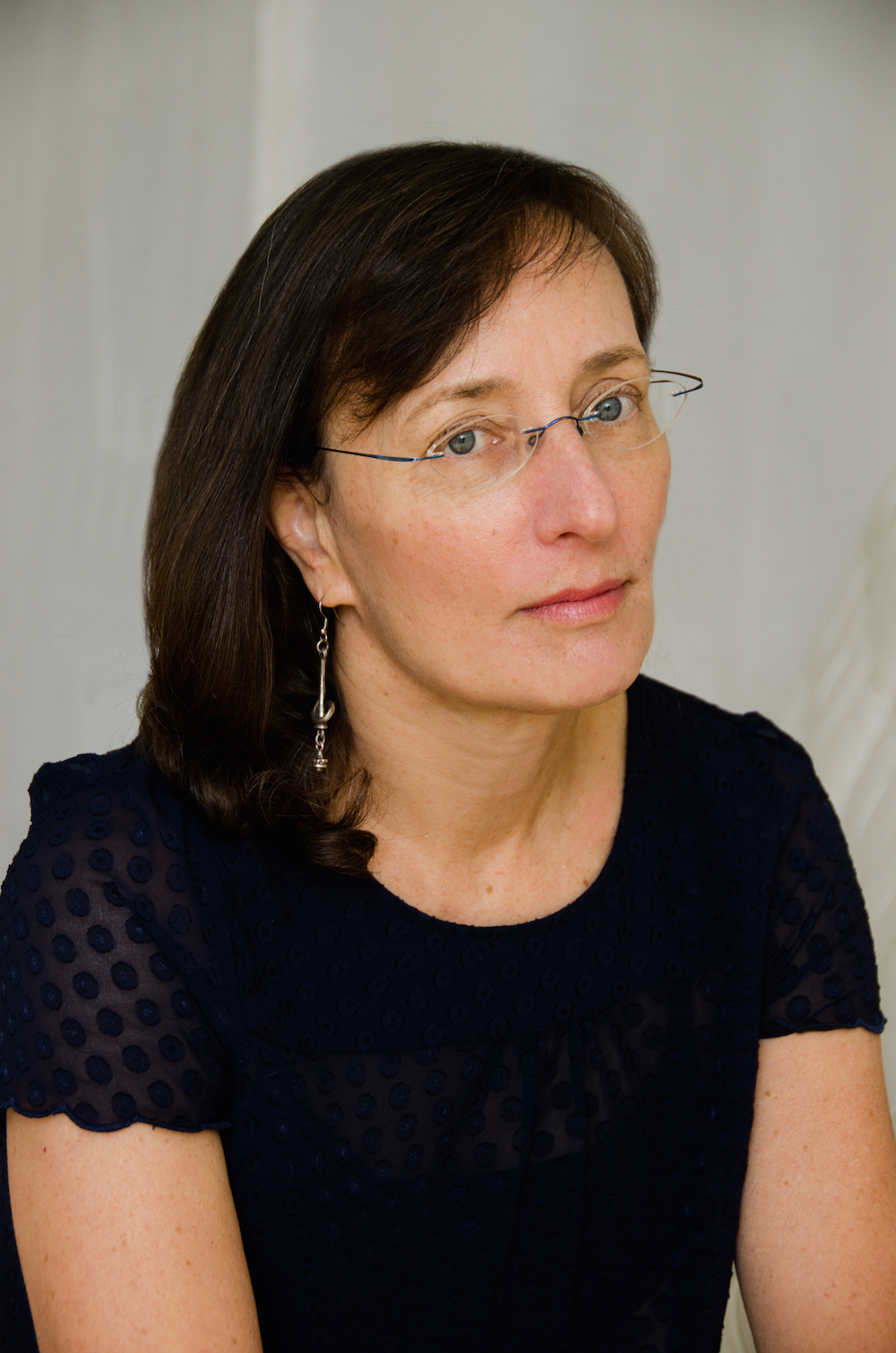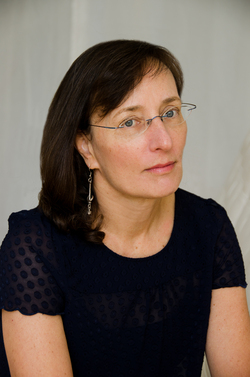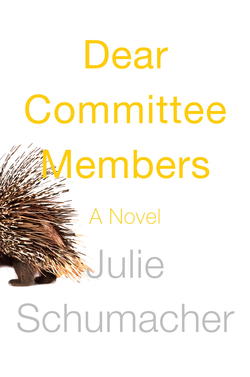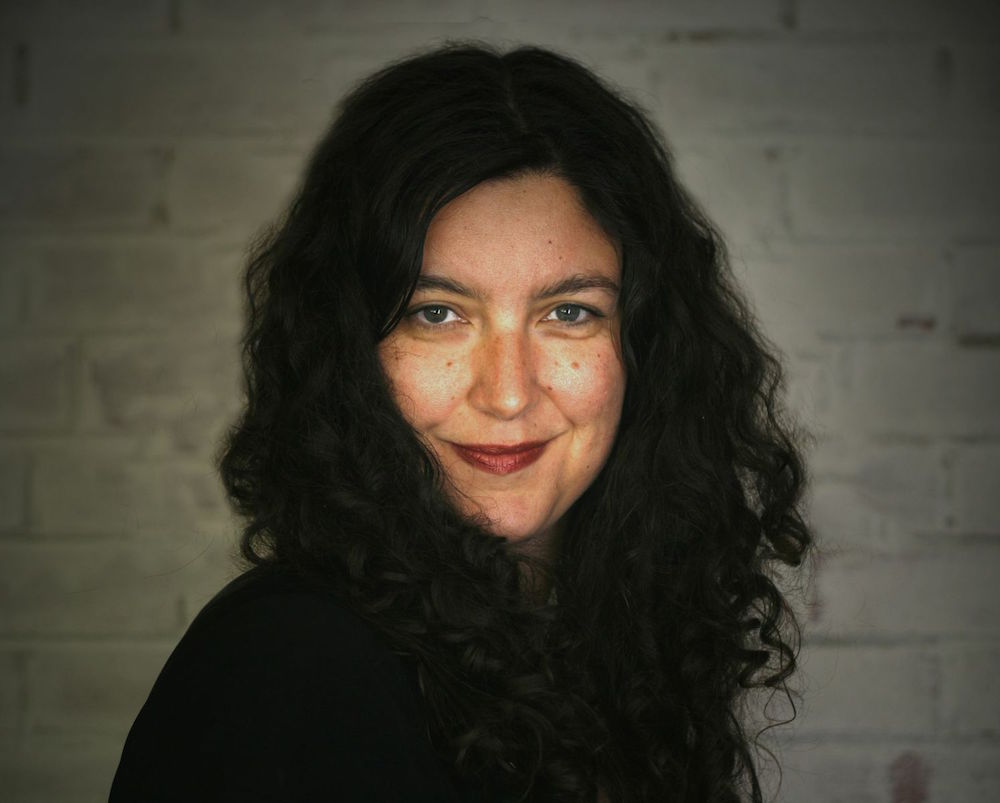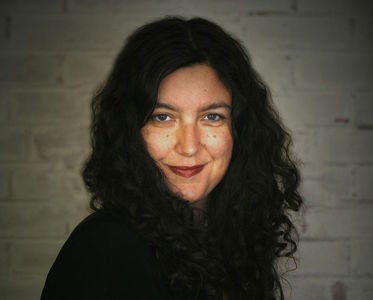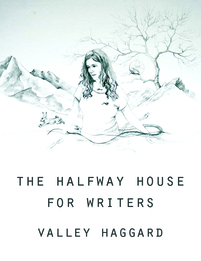When we first moved to New Jersey, we were lucky to meet a few local writers. One of them was Caroline Leavitt. We kept running into her at writers conferences and book festivals, and we became huge fans of her and her books. She is the quintessential writer’s writer. When we found out about her new book, Cruel Beautiful World, we picked her brain on the state of writing, publishing, and how the heck she got Scott Simon to interview her on National Public Radio.
Read the interview on the Huffington Post.
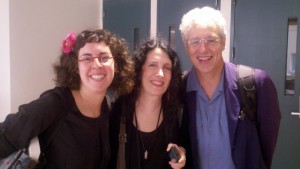
The Book Doctors: We have often thought that it is a cruel beautiful world, so your title really captured our eye. How did you come up with that cruel and beautiful title?
Caroline Leavitt: My 20-year-old actor son Max came up with it, and it seemed to fit, because I was writing about that time when the innocence of the ‘60s slammed into the dangerous reality of the ‘70s. I’m awful at titles. They always get changed by Algonquin. But this one seemed to stick. Plus, I’m like you. I think the word is so, so beautiful, with so much joy, but to appreciate that joy, you have to experience the absolute cruelty of it, as well.
TBD: We heard you recently on NPR with Scott Simon. How did that interview come about, and what was it like to talk about your book with Mr. Simon?
CL: My genius publicist got me on! It was a blast. Scott Simon is really calming and funny—and I was really happy that I was able to make him laugh. Plus, he asked such thoughtful questions. I was just so honored.
TBD: What is your daily routine for writing a novel at this point? How many drafts did it take to get Cruel Beautiful World ready for publication? Do you rely on readers and editors to help along the way?
CL: I try to write four hours every day. I have to know the beginning and the end, and I usually do a 30-page writer’s synopsis that changes every time I sit down to write. It took about 28 drafts for Cruel Beautiful World, maybe more, because I lost count, and it morphed into a very different book than what I initially thought it would be. I totally relied on my Algonquin editor, Andra Miller, who seemed to know what I needed to do before I did it. And I totally rely on other writers to read drafts and discuss things with me. I couldn’t do it alone.
TBD: What was your inspiration, the diving board that led you to plunge into the pool of this book?
CL: I wanted to write this story when I was 17. I sat behind a girl in study hall who had a much older fiancé who was controlling, which I thought was weird. Then a year later, she broke up with him and he stabbed her. I was horrified! But I couldn’t write about it because I kept wondering, how did she stay with someone for five years and not know he was capable of this? Ah, then ten years passed, and two weeks before my wedding, my fiancé dropped dead in my arms. I was so cataclysmic with grief that I knew I would die if I had to keep doing it. So against all advice, I hurled myself into a relationship with a man who wouldn’t let me eat (I was 100 pounds but he thought I was too heavy), monitored what I wore, didn’t want me to see my friends or his friends. Why did I stay? Because if I left, then I’d have to grieve. The final countdown was when I discovered he had deleted a page or so of my novel in progress and replaced it with a Groucho Marx series of jokes. When I protested, he said, “What’s yours is mine. We are the same person.”
So I understood staying in a controlling relationship, losing yourself, but I didn’t have the novel until four years ago, when I noticed an online request from my high school friend’s sister. She was still haunted by the crime and wanted anyone who knew anything to talk to her. Then I had my story!
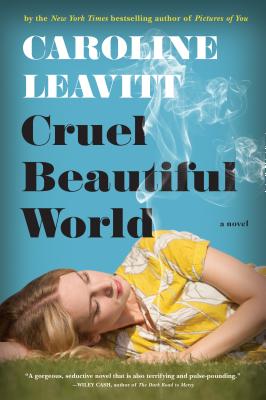
TBD: The novel seems to be in some ways about dangerous love, and about a strangely taboo subject in our culture: love in old age. What made you decide to tackle these topics?
CL: See above for the dangerous love! Love in old age is my homage to my mom. She was jilted at 17, married my father, a brute, and when he died in his 50s, she swore off men. Hated them! She lived alone until she was 90, when she couldn’t handle the house and we moved her into an independent living place. She hated it, screamed at me to take her home. And then suddenly she didn’t. She met this man Walter and impulsively kissed him, and they fell in love—she told me “for the first time.” They were inseparable for four years, and then my mom began to get dementia. And after she did, Walter fell and died, and my sister and I never told our mother. So my mom, who is now 99, thinks he is still alive, that she has just seen him, that he is living with his kids and will call her soon. It’s kind of lovely how happy she is.
TBD: We were watching Aquarius, David Duchovny’s new show, and one of the characters in it is Charles Manson. Why do you think we still have this intense fascination with a man who has a Nazi swastika carved into his forehead?
CL: Because what you initially saw was not what you ended up getting. Manson looked just like any ‘60s hippie. He had all the extras. He lived on a communal ranch. He preached love and everyone was welcome. Even Dennis Wilson liked him and had Susan Atkins babysit his kids! The Manson Girls adored him. When you think of who he really was, it gets scarier because I keep thinking—I could have been a Manson girl in the ‘70s. So could a lot of girls. Manson still being alive and around fascinates us because he really is pure evil—this tiny little old man now—still scares us.
TBD: David was coming of age in that strange period between the ‘60s and the ‘70s, when America went from being obsessed with flower power and the Grateful Dead to disco and cocaine. What draws you to this strange crossroads in American history?
CL: Oh, I was coming of age then, too. I wanted to go out to San Francisco and wear flowers in my hair and “meet some gentle people” but I was too young. So I hung out at the Love-Ins in Boston with my older sister. There was such profound hope in the ‘60s, a sense that we really could change the world for the better. And then the ‘70s hit. And Nixon invaded Cambodia. And Kent State happened. And the Mansons. What happens when dreams turn into a reality you didn’t expect? Can you still find meaning in your life? That’s what really interested me.
TBD: We work with so many writers who have a bizarre conception of what it is to be a writer: you’re suddenly filled with inspiration, you dash off your opus, and then you sit in your cabin by the lake while the royalty checks roll in. Of course, anyone who’s written a book knows it’s mostly sitting by yourself in a room, slogging away and trying to chisel out a work of art and commerce from a lump of clay you have to create with your imagination. As authors who’ve been writing for decades, we have to ask, why the heckfire do you do it?
CL: I firmly believe if I didn’t do it, I would be insane. And also because I love the whole sensation of being in another world, of creating characters. Maybe I am a bit of a masochist, but I love the hard, hard work.
TBD: We must confess that we’ve known Caroline Leavitt for quite some time, we are fellow New Jersey writers, and we know that she, like so many of our distinguished writer friends, spends portions of her life being terribly nervous. Why do you think that is?
CL: Ha, that made me laugh! I think writers are perhaps more broken than the average person, that writing heals us. And, of course, that means, when we aren’t writing, we are searching for that stray Valium we just know was around here.
TBD: When we were looking for a publisher for The Essential Guide to Getting Your Book Published, we turned down a much larger offer from one of the Big 5 publishing houses to go with Workman, an independent publisher. We believe our book would now be out-of-print, instead of in its third edition, if we had taken more money and gone with a publisher who really didn’t know how to reach our audience, one owned by a corporation whose guiding principal is profit as opposed to developing and nurturing writers. What are your thoughts about finding the right publisher for your book?
CL: The right publisher is everything. I have had five (count ‘em) before I got to Algonquin. Two small ones went out of business. Three big ones ignored me. My sales were enough to buy groceries. When I got to Algonquin, everything changed. I kept saying, “You know I don’t sell, right?” And they kept saying back, “You will now.” Six weeks before Pictures of You came out, it was in its sixth printing. The month it was out, it was on the New York Times Best Seller List. All of a sudden I had a career, and the people who wouldn’t take my calls before were now calling me! I’ve never been treated so well. Algonquin respects their authors, they keep selling a book long after it’s been out—and they totally work out of the box, which gets amazing results. I call them the gods and goddesses for good reason.
TBD: What are you currently writing? What are you currently reading?
CL: I’m writing the first chapter of my new book, and I’m too superstitious to say anything about it. I’m reading Shelter in Place by Alexander Maksik, which is fabulous, and I have this book Idaho by Emily Ruskovich.
TBD: We hate to have to ask you this, but we do. What advice do you have for writers?
CL: Never ever ever ever give up. Never. Someone says, “no”? The next person might say, “yes.” And do not write to the marketplace. Write the book that speaks to you, that is going to change YOUR life. If your book can do that, well then, it will change the lives of others, too.
Caroline Leavitt is the author of the Indie Next Pick Cruel Beautiful World, and the New York Times Bestsellers Pictures of You and Is This Tomorrow. She reviews books for the San Francisco Chronicle, The Boston Globe and People, and she teaches novel writing online at UCLA Writers Program Extension and Stanford, as well as working with private clients. She can be reached at www.carolineleavitt.com.
Arielle Eckstut and David Henry Sterry are co-founders of The Book Doctors, a company that has helped countless authors get their books published. They are co-authors of The Essential Guide to Getting Your Book Published: How To Write It, Sell It, and Market It… Successfully (Workman, 2015). They are also book editors, and between them they have authored 25 books, and appeared on National Public Radio, the London Times, and the front cover of the Sunday New York Times Book Review.

